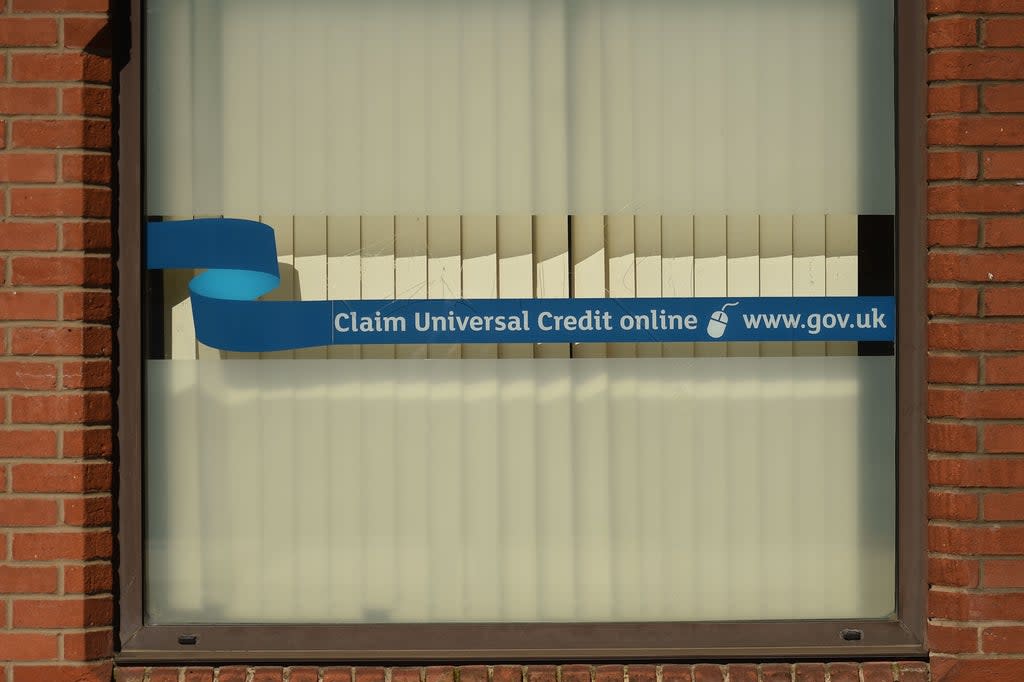Record numbers seek mental health and financial help ahead of universal credit cut

A record number of individuals are seeking mental health heald and financial help, figures reveal, ahead of the Universal Credit (UC) cut coming into force.
The uplift will be phased out gradually from the end of September, officially being removed by 6 October.
This will mean that the £20-a-week uplift, brought in to help people cope during the pandemic, will come to an end in a move opposed by six former work and pensions secretaries.
Charities, think tanks and teachers have also said they oppose the move, as do MPs from a variety of political parties.
Removing the uplift will be a “catastrophic cut” which may cause people’s mental health problems to spiral, a charity Mental Health UK has warned.
Its online mental health and money advice service have seen almost double the number of visits in the course of a year. There were 30,760 visits in August 2020 which rose to 60,214 in August 2021.
Visits to a webpage on how to claim UC for those with a mental health condition has risen ninefold in one year, from 1,052 to 9,919 views of the page.
A page giving advice on how to complete a claim for UC or complete the process was viewed 4,593 times last month. This is up from 732 views in August 2020.
Meanwhile, information on how to write off debts is getting four times as many views than it did this time last year.
Brian Dow, chief executive of Mental Health UK, said: “These figures are a warning sign that people are struggling as vital support that has kept them afloat during the pandemic is removed when they need it most.
“This reduction in Universal Credit represents a catastrophic cut to people’s incomes as they feel the impact of record inflation and soaring energy bills,” he added.
“This is not just a financial issue; we’re very concerned these pressures will result in more people seeing their mental health problems spiral, in turn making it difficult to manage their money worries and sending them deeper into the red.
“It’s not too late to change course. That’s why we’re calling on the government to drop its planned cut to Universal Credit and ensure they adopt a cross-government approach to mental health.”
More than one thousand church leaders are also calling on the government to abandon the cut.
Some 1,100 leaders, with the support of Church Action on Poverty and Christians Against Poverty, have written to the Prime Minister calling for a “just and compassionate social security system that our whole society can have confidence in”.
Eunice Attwood, Church at the Margins officer and a former vice president of the Methodist Church, said: “Cutting £20 a week from families who are just keeping their heads above water cannot be right.
“Every day we see in churches and foodbanks people with huge potential, bursting to contribute who cannot move forward because the struggle simply to make ends meet is all consuming.
“I urge ministers to come to a church project and see the difference £20 a week makes for some families.”
Paula Stringer, Christians Against Poverty’s UK chief executive, said: “Our message is clear - stop this before it cripples millions of households. We will continue to stand together with those affected by this cut, churches and other charities, calling for this vital lifeline to be kept.”
A government spokesperson said: “We’ve always been clear that the uplift to Universal Credit was temporary. It was designed to help claimants through the economic shock and financial disruption of the toughest stages of the pandemic, and it has done so.
“Universal Credit will continue to provide vital support for those both in and out of work and it’s right that the government should focus on our plan for jobs, supporting people back into work and supporting those already employed to progress and earn more.”
Additional reporting by PA

 Yahoo News
Yahoo News 
